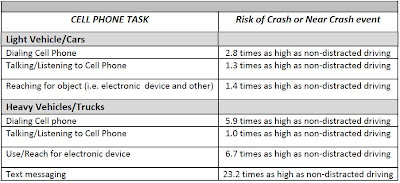What do you think of behavioral economics?
Yes, there is a tendency to go to these psychological arguments. But my problem with these arguments is not that they are wrong -- though sometimes there are wrong -- but that they are not helpful.
Why?
They don't predict anything!
I agree that behavioral economics is only useful if it increases the accuracy of predictions made by economists (see here and here). Nevertheless, I wouldn't go so far as to say that behavioral economics doesn't "predict anything." Behavioral economics does a good job of predicting how people make retirement decisions (hint: they follow the status quo, so default rules are exceptionally important determinants of behavior).
Back to the interview - Arrow on the uncertainty surrounding climate change:
The treatment of uncertainty [with climate change] strikes me as one of the most confusing things about climate change. . . . But with climate change there is an awful lot at stake! And the time horizon is long, and you have the risk of these incredibly high cost but low probability events...
Well, the least that can occur still looks pretty bad, and I don't want to overdo the uncertainty question. I think that, even if you take a very conservative point of view, things are bad. 150 years from now, the average person will be a lot poorer then they would be otherwise be.
On health care costs:
The basic reason why health costs increased is that health care is a good thing! Because today there is a lot more you can do! Consider all these expenses that are diagnostic. Cat scans, X-rays, MRIs and now the proton-powered whatever-it-is. Something that is the size of a football field, cost $50 million, and has all sorts of diagnostic powers. A lot of these technologies clearly reveal things that would not be revealed otherwise. There's no question about it. Diagnostics have improved. Technology has improved. You know, sending things through your blood stream to help in operations, instead of cutting you open. It's incredible. But these things are costly. But for older people longevity is increasing by a month each year. Now, whether that creates other problems with retirement and social security is another question. But, nevertheless, preserving life is a good thing.
On the erosion of professional standards:
And if one explanation is the professional standards, why do you think the professional standards have changed?
Sometimes I think it's because of the Chicago School.
I'm not sure if the last one was a joke, but blaming the Chicago School for the decline in professional standards seems a bit over the top. Still, I would definitely recommend reading the entire interview.
